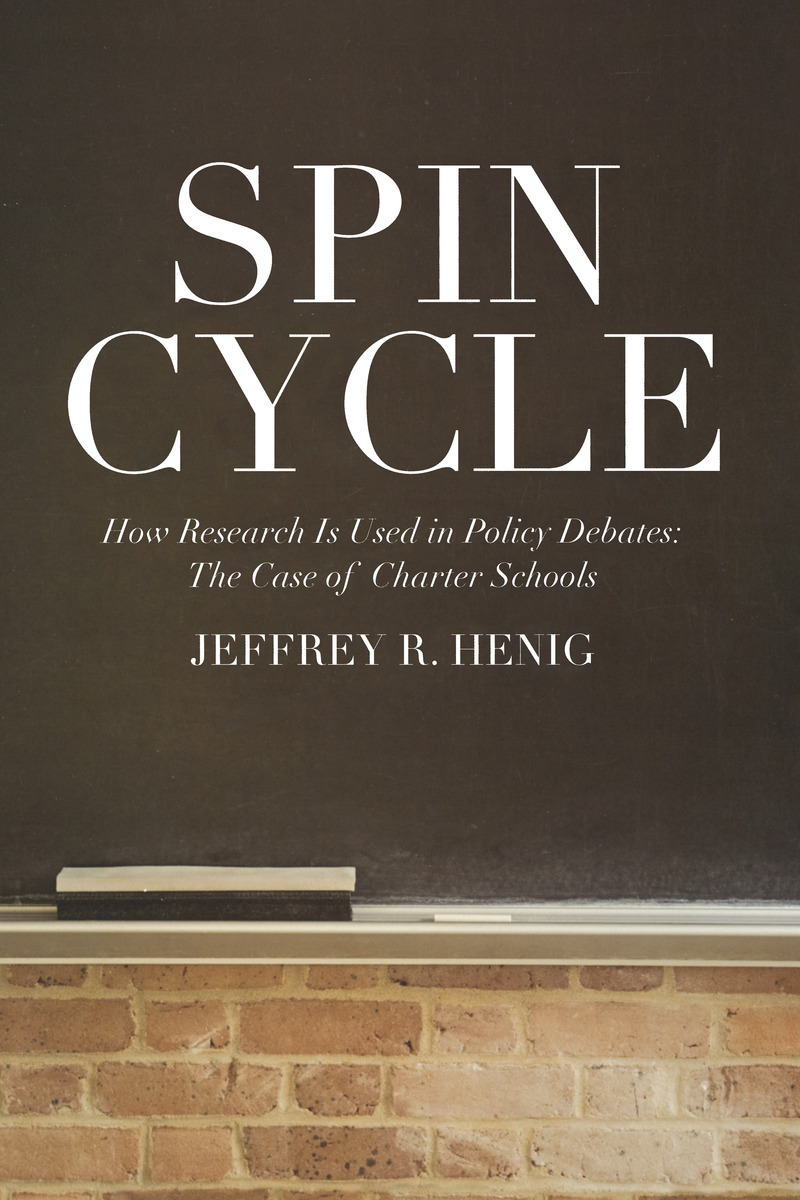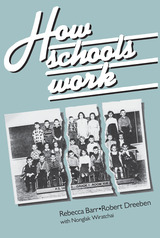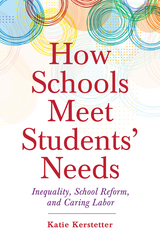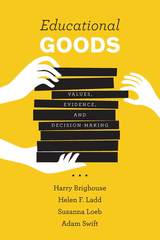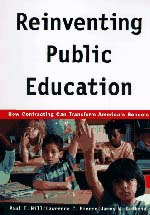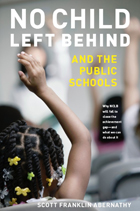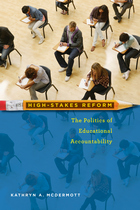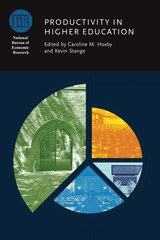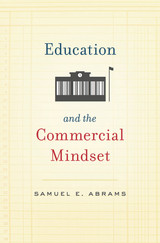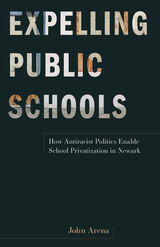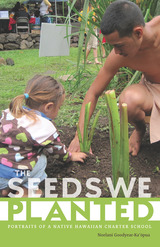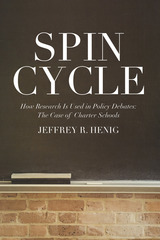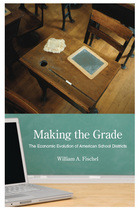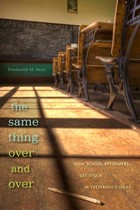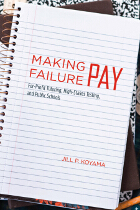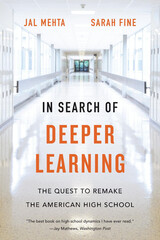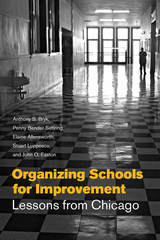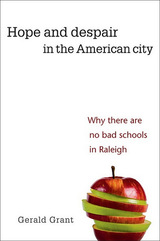Spin Cycle: How Research Gets Used in Policy Debates--The Case of Charter Schools
Russell Sage Foundation, 2008
Cloth: 978-0-87154-339-4 | Paper: 978-0-87154-337-0 | eISBN: 978-1-61044-285-5
Library of Congress Classification LB2806.36.H46 2008
Dewey Decimal Classification 371.01
Cloth: 978-0-87154-339-4 | Paper: 978-0-87154-337-0 | eISBN: 978-1-61044-285-5
Library of Congress Classification LB2806.36.H46 2008
Dewey Decimal Classification 371.01
ABOUT THIS BOOK | AUTHOR BIOGRAPHY | TOC | AWARDS
ABOUT THIS BOOK
One important aim of social science research is to provide unbiased information that can help guide public policies. However, social science is often construed as politics by other means. Nowhere is the polarized nature of social science research more visible than in the heated debate over charter schools. In Spin Cycle, noted political scientist and education expert Jeffrey Henig explores how controversies over the charter school movement illustrate the use and misuse of research in policy debates. Henig's compelling narrative reveals that, despite all of the political maneuvering on the public stage, research on school choice has gradually converged on a number of widely accepted findings. This quiet consensus shows how solid research can supersede partisan cleavages and sensationalized media headlines. In Spin Cycle, Henig draws on extensive interviews with researchers, journalists, and funding agencies on both sides of the debate, as well as data on federal and foundation grants and a close analysis of media coverage, to explore how social science research is "spun" in the public sphere. Henig looks at the consequences of a highly controversial New York Times article that cited evidence of poor test performance among charter school students. The front-page story, based on research findings released by the American Federation of Teachers (AFT), sparked an explosive debate over the effectiveness of charter schools. In the ensuing drama, reputable scholars from both ends of the political spectrum launched charges and counter-charges over the research methodology and the implications of the data. Henig uses this political tug-of-war to illustrate broader problems relating to social science: of what relevance is supposedly non-partisan research when findings are wielded as political weapons on both sides of the debate? In the case of charter schools, Henig shows that despite the political posturing in public forums, many researchers have since revised their stances according to accumulating new evidence and have begun to find common ground. Over time, those who favored charter schools were willing to admit that in many instances charter schools are no better than traditional schools. And many who were initially alarmed by the potentially destructive consequences of school choice admitted that their fears were overblown. The core problem, Henig concludes, has less to do with research itself than with the way it is often sensationalized or misrepresented in public discourse. Despite considerable frustration over the politicization of research, until now there has been no systematic analysis of the problem. Spin Cycle provides an engaging narrative and instructive guide with far-reaching implications for the way research is presented to the public. Ultimately, Henig argues, we can do a better job of bringing research to bear on the task of social betterment.
See other books on: Case | Charter schools | Government policy | Political aspects | Research
See other titles from Russell Sage Foundation
